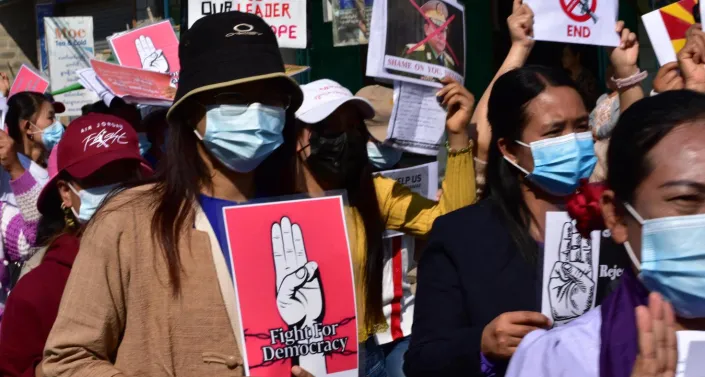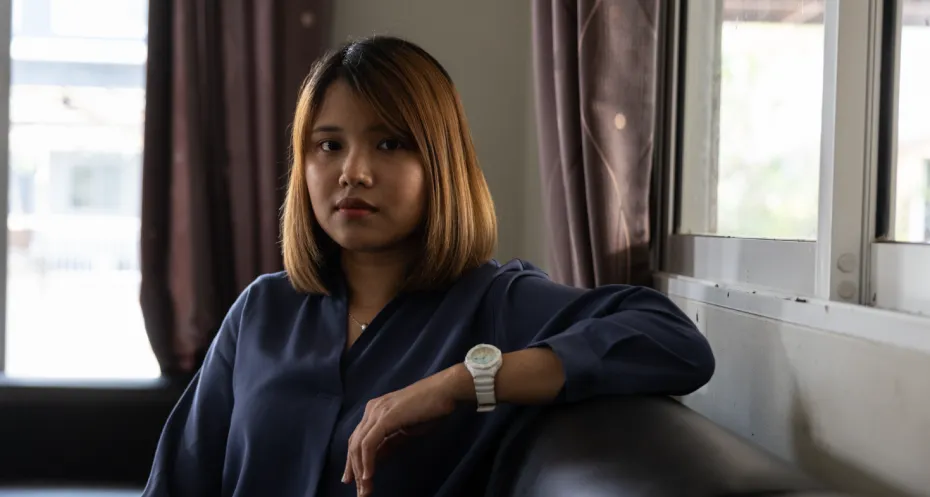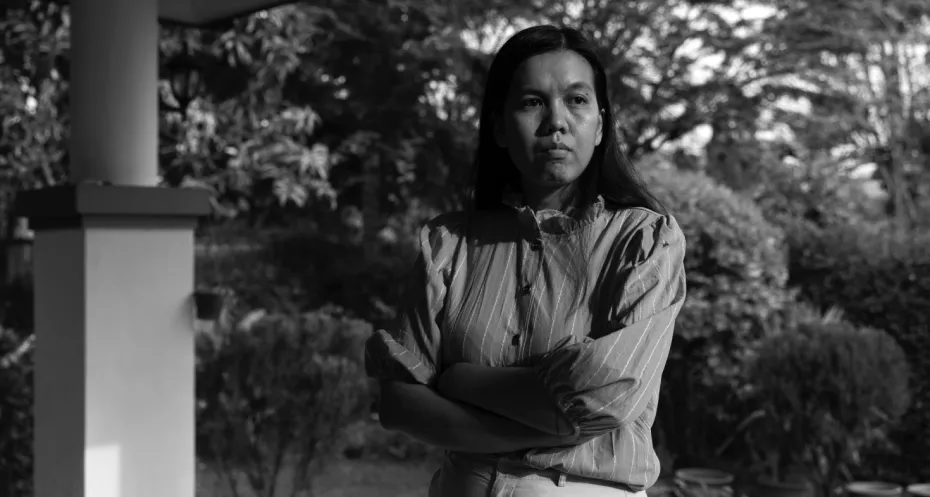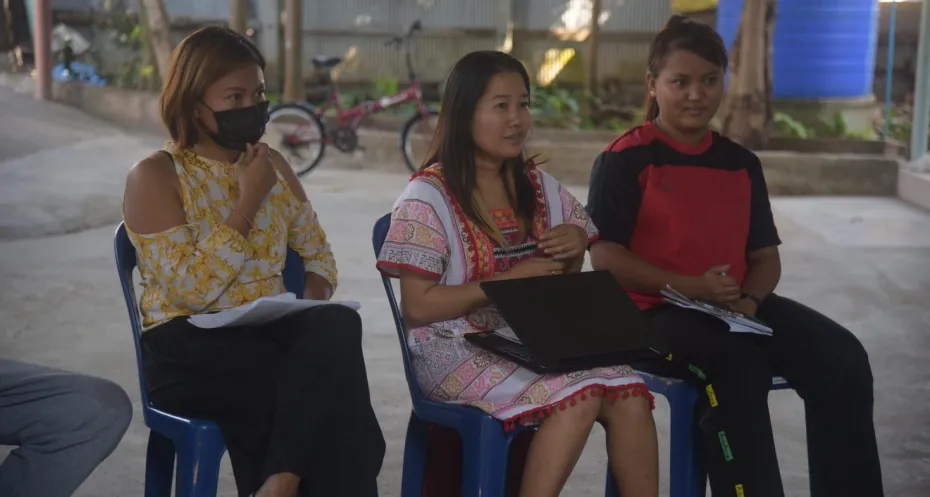
Myanmar
Since the military staged a coup d’état on 1 February 2021, press freedom declined dramatically in Myanmar. Alongside China, Myanmar has jailed the highest number of journalists in the world.
While the media landscape started gradually opening up by the end of the previous military dictatorship which lasted from 1962-2011, any gradual progress made towards more press freedom has now vanished.
Press freedom after the 2021 coup
The announcement of a ‘national emergency’ on military-owned TV station Myawaddy on 1 February 2021, foregrounded the imminent crackdown on the media landscape by the Tatmadaw (as Myanmar’s armed forces are known as) that ensued. Television broadcasts were suspended and media licenses were revoked shortly thereafter.
Telephone lines and internet access was blocked in major cities nationwide. VPNs were (and are still) needed to access social media platforms. Journalists were arrested when they showed any sign of dissent, and lists of influencers and bloggers being ‘rounded up’ were publicly shared by the military in April 2021.
Since then, many journalists have fled the country and have applied for financial and legal support at organisations such as Free Press unlimited’s Reporters Respond fund.
According to Detained Journalists Information,135 journalists have been arrested in Myanmar since the coup. Among those arrested 26 were women. According to Myanmar Women Journalists Network 13 women are convicted.
An estimated 122 journalists have been arrested in relation to their work as of February 1st 2021, mostly based on charges under Article 505(a) of the penal code which stipulates that ‘false information’ is punishable for up to three years in prison.
Press freedom before the 2021 coup
Following Myanmar’s five decades under military rule, the media landscape was characterised by one that lacked any real sense of press freedom. According to Freedom House, from 2002-2010, Myanmar was in the top ten of ‘least free countries’ worldwide.
When the News Media Law was created in 2012 as an independent oversight body as part of the then Thein Sein government, the junta’s tight grip over the media was slightly relaxed and shortly thereafter, a code of ethics for journalists was established which further paved the way for grassroots initiatives such as the Myanmar Journalism Institute, and other such initiatives like the Myanmar Journalist Association.
However, improvements were slow, and the arrests of Reuters journalists Wa Lone and Kyaw Soe Oe in 2018 are an example of the continuing lack of press freedom even under semi-democratic rule - making headlines all over the world. They had investigated a massacre of Rohingya civilians and were imprisoned for this for over a year. Without enough checks and balances in place, disinformation and hate speech began to spread like wildfire on Facebook around the same time. This has had serious implications in terms of the provision of reliable news and trust in the news ever since.
Journalists have also been prosecuted under the 66(d) law of the Telecommunications law which stipulates that a journalist can be convicted for up to three years for “anyone found guilty of extorting, coercing, restraining wrongfully, defaming, disturbing, causing undue influence or threatening any person by using any telecommunications network.” Meanwhile the The Official Secrets Act, could punish any journalist who "obtains, collects, records or publishes... any official document or information which could be "useful to an enemy".
Censorship
Perhaps the biggest challenge that the country faces in terms of press freedom is (self)censorship. During the government of Aung San Suu Kyi from 2015-2021, self-censorship was enacted by the government and by the vast majority of media outlets on the topics of the Rohingya crisis, and anything that went against Buddhist religion. Equally, like in Orwell’s 1984, widespread propaganda is enacted by the Tatmadaw, most often publishing news stories that favor the government’s narrative.
There are currently very few independent media outlets in the country that provide reliable, fact-based, independent information.
Free Press Unlimited’s work in Myanmar
Free Press Unlimited’s Reporters Respond Fund has received hundreds of emergency support requests from Myanmar journalists. After the coup, the media faced intense crackdown with military revoking licenses of major media houses. Media workers have either moved to the war areas to cover the conflict, or have fled to the neighboring countries for safety. Those who are still in the country are reporting from safe hideouts not to be arrested under the 505 A. Journalists are under threat, and many are moving from place to place each day in order to stay safe. There are regular raids and attacks on journalists. A photo journalist who FPU supported to relocate in a neighbouring country said that he hasn’t picked up a camera since the crackdown last year.
Since the coup in 2021, Free Press Unlimited has been able to offer direct emergency assistance to 516 journalists from Myanmar through Reporters Respond.
In addition to providing direct emergency assistance, Reporters Respond set up an Exile Hub in a neighbouring country, in collaboration with a local organisation. The Exile Hub offers Myanmar media workers temporary safe shelters, access to psycho-social support and training to make sure that journalists can continue their work.



